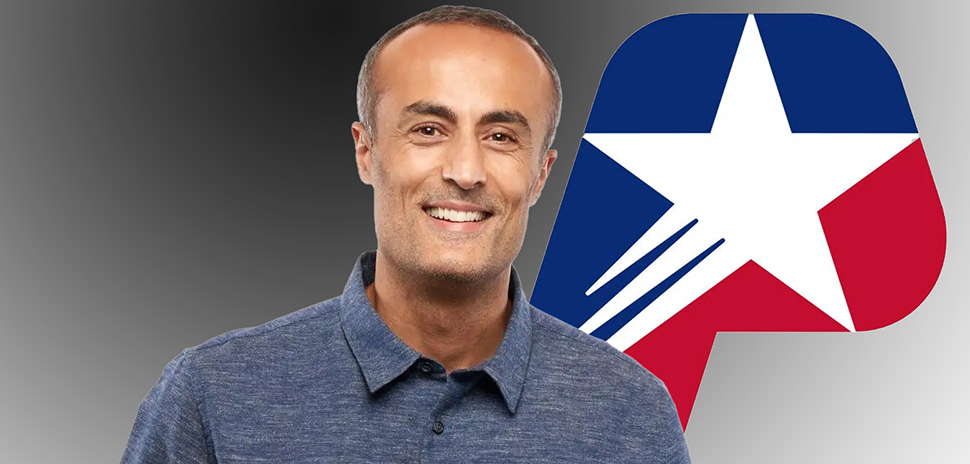It’s rare to have a woman winning a Nobel Prize, much less two women on the same day and three in the same year, a UTSW spokesperson told us as the news rolled out about this year’s winners.
American biochemist Jennifer Doudna and French Emmanuelle Charpentier became the first women to jointly win the Nobel Prize in Chemistry on Tuesday. They are the sixth and seventh women to ever win that prize. American astrophysicist Andrea Ghez, along with two others, won the Nobel Prize in physics for their discoveries about black holes on Monday.
UTSW scientist Eric Olson spent the day on a Zoom call with Nobel Prize winner Doudna earlier this week. Olson, who uses CRISPR technology in studies that might one day repair many of the mutations that cause Duchenne muscular dystrophy, called the prize “great news.”
Doudna and her colleague Charpentier have revolutionized science, biotechnology, and medicine with the development of CRISPR as a gene-editing tool, says Olson, who is the director of UTSW’s Hamon Center for Regenerative Science and Medicine and professor and chair of molecular biology.
![UT Southwestern's Dr. Eric Olson with Dr. Jay Schneider [Photo: UTSW]](https://s24806.pcdn.co/wp-content/uploads/2020/10/Drs-Olson-Schneider_12212010_MOL-BIO_001.png)
UT Southwestern’s Dr. Eric Olson works with longtime collaborator Dr. Jay Schneider, an adjunct associate professor of internal medicine-cardiology. [Photo: UTSW]
“CRISPR forms the basis of a primitive bacterial immune system, which they cleverly adapted to modify the genomes of any organism in a simple and efficient manner,” Olson explains.
There are many ways CRISPR gene editing can benefit humanity, he says. The technology is already “enabling the elimination of genetic mutations that cause devastating human diseases,” Olson says. “The breakthrough discovery of Doudna and Charpentier exemplifies the power of basic science to change the world in powerful ways.”
The UTSW professor also co-founded Exonics Therapeutics, a Massachusetts-based biotech company that uses CRISPR technology licensed from UT Southwestern Medical Center in Dallas, that acquired in 2019 by Vertex Pharmaceuticals in a deal roughly valued at $1 billion. The scientist launched Exonics in February 2017 to advance and commercialize his research. The company develops treatments for Duchenne muscular dystrophy and other genetic neuromuscular diseases.
Olson works with Professor Rhonda Bassel-Duby, Ph.D., a highly cited researcher who helps run the Olson laboratory.
![UT Southwestern Professor Rhonda Bassel-Duby [Photo: UTSW]](https://s24806.pcdn.co/wp-content/uploads/2020/10/Prof.-Rhonda-Bassel-Duby_UTSW-970.png)
UT Southwestern Professor Rhonda Bassel-Duby [Photo: UTSW]
Bassel-Duby says it’s “wonderful that the Nobel Prize in Chemistry was awarded to two woman who richly deserve the prize.” She hopes the award encourages young women to consider a career in science: “Doing scientific research is one of the most enriching and fulfilling professions. We need more women thinking creatively in the lab and pushing science forward,“ Bassel-Duby says.
Olson and Bassel-Duby work alongside longtime collaborator Jay Schneider, an M.D. and Ph.D. who is an adjunct associate professor of internal medicine-cardiology.
Olson holds the Annie and Willie Nelson Professorship in Stem Cell Research, the Pogue Distinguished Chair in Research on Cardiac Birth Defects, and The Robert A. Welch Distinguished Chair in Science.
![]()
Get on the list.
Dallas Innovates, every day.
Sign up to keep your eye on what’s new and next in Dallas-Fort Worth, every day.






































































